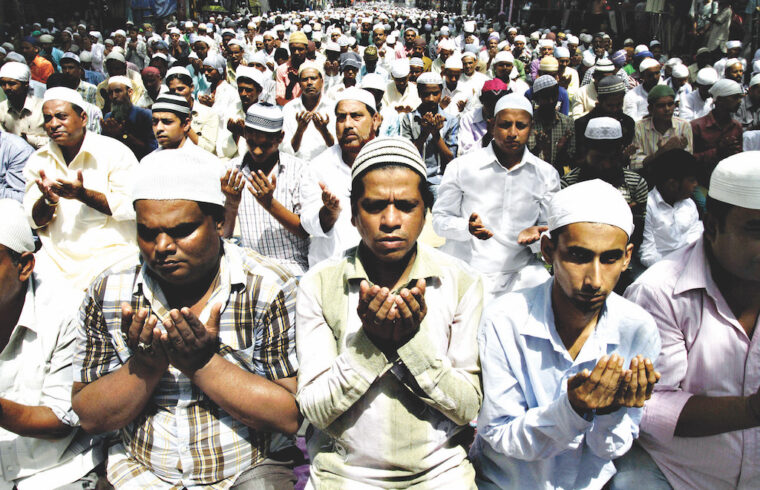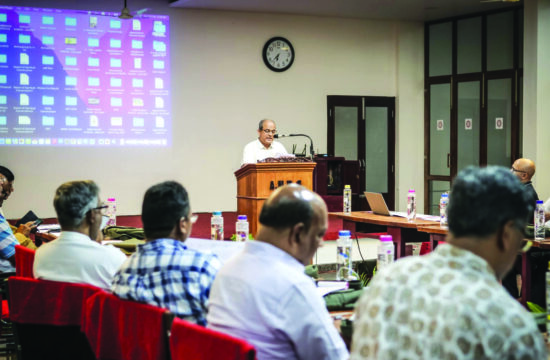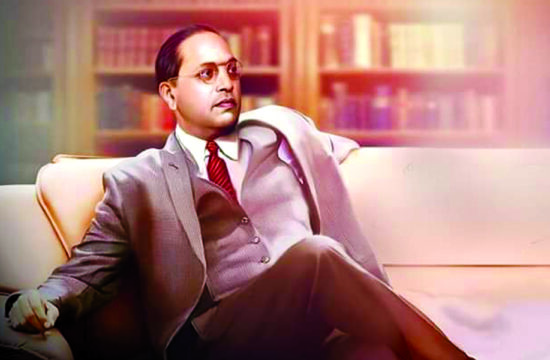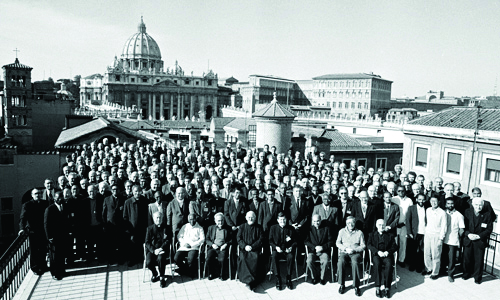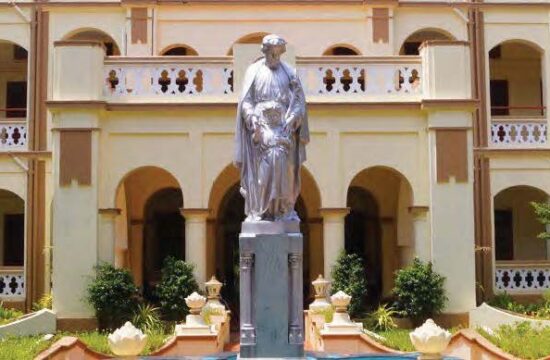The fact I was trained and ordained and sent among Muslims nourishes my heart with joy and gratitude and gives me energy and consolation. I am grateful to God for the unmerited gift of life and faith, for a call to Jesuit commitment, and a personal vocation to be a Jesuit among Muslims. Over the years, I have deeply recognized that this gift is given through the Church, as I am a servant of the Church in the Missio Dei.
What does it mean to be involved in the mission of God among people of other faiths? J. M. Gaudeul has noted that the Church, in her mission to the people of other faiths, must imitate Christ: in the hidden life of Nazareth, in the public life of preaching and healing, in his death on the Cross as a priest and victim. He writes: “strangely though, this message has reached the Church through people who had first an experience of mission life and inter-religious dialogue with Islam.”
Shahab Ahmed (d. 2015) in his What is Islam: The Importance of Being Islamic presented a reconceptualization of ‘historical and human phenomenon that is Islam’ and invited the reader to recognize “the capaciousness, complexity, and … outright contradiction within the historical phenomenon”. He termed this reconceptualised diversity among Muslims as ‘Balkan to Bengal complex”.
Recently, Hilal Ahmed, a social scientist with the Centre for the Study of Developing Societies (CSDS), one of the leading intellectual institutions of the global south, affirms the sociological diversity of Indian Muslims. Ahmed uses the following two terms: ‘Substantive Muslimness’ and ‘Discourse Muslimness’ to drive the point.
What is Substantive Muslimness? “Various survey-based studies conducted by CSDS clearly show that Muslim perceptions, views, opinions, and attitudes do not follow any set pattern. Even we do not find any homogeneous response to the questions related to basic religious practices such as offering Namaz and observing fasts in the month of Ramzan. This Muslim diversity underlines the fact that Indian Islam as a lived religion is practiced by Muslims in a variety of ways. This is what I call Substantive Muslimness”.
The Discourse Muslimness, on the other hand, underlines a different aspect of Muslim identity. He writes: “Classification of Muslims as a religious minority in purely statistical terms, the description of medieval Indian history as Islamic rule and the media debates revolving around Islamic Jihad and terrorism produce a simply and undifferentiated image of a homogeneous Muslim community. Every aspect of Muslim life is seen through the prism of this discourse either to criticize Muslims for being barbaric or to celebrate Muslim culture as a symbol of the royal Islamic past”. Ahmed argues that the interplay between the Substantive Muslimness and Discourse Muslimness determines the actual manifestations of modern Indian Muslim identity.
The last twenty-five years of engaging in the ministry of Christian-Muslim relations, I tend to believe the voices from the Indian Catholic Church vis-à-vis Islam and Muslims, not infrequently, reflect the category of what Ahmed calls as Discourse Muslimness. What Christians feel for the Muslims in India is often characterised by ‘indifference’ and, not infrequently, hostility. Discourse Muslimness sets the tone for any conversation on Muslims even among the clergy and educated Christians.
Most Christians are not aware of the impoverishment and marginalization of Muslims in economy, politics, and education in India. Very few Christians recognise a sacramental dimension. in their encounter with Muslims (cf. Gaudium et Spes 4 and 11). There is a real need to move away from the Discourse Muslimness to Substantive Muslimness in Christian conversations on Muslims which would facilitate a real understanding of Muslims in India.
Victor Edwin SJ
– Victor Edwin SJ (DEL) is a lecturer in Theology and Christian-Muslim Relations at Vidyajyoti Institute of Religious Studies, Delhi.


